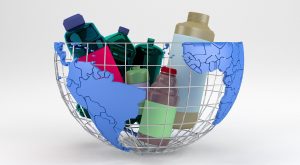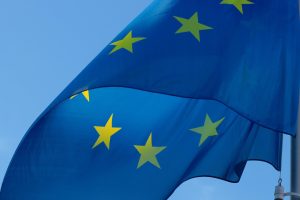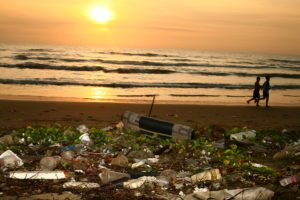The transition from a linear “throwaway” economy to a circular economy, that seeks to optimise resources by extending their life span and promoting their reuse, is not only the responsibility of citizens, but also of companies. And, precisely, this is one of the great socio-economic challenges of the 21st century, included in the United Nations’ Sustainable Development Goals (SDA) under the name of Responsible Production and Consumption.
In the business sphere, this continues to be a challenge that strives to become a reality since, according to the consultancy firm specialised in the sustainable growth of companies, Kaizen Institute, only 3 out of every 10 Spanish companies are committed to the circular economy. These initiatives only represent 12% of the resources destined to projects, investments, and strategic initiatives. However, more and more companies are integrating this philosophy of life into their strategies and business models. One of the most recent companies to do so is the Nestlé group, which in 2019 exceeded 2,000 million euros in revenue, its highest figure since 2008. The multinational company has launched its circular economy strategy within the global framework of sustainability, an action it has undertaken with the aim of improving people’s quality of life and contributing to a healthier future
Futuro and Plantea are the basis on which this initiative revolves, in which five priorities stand out: the fight against climate change, contributing to the model of the circular economy, responsible management of resources such as water, communicating to society the importance of environmental commitment and carrying out training and awareness programmes for both employees and consumers.
Nestlé is focused on “zero waste”, and is committed to ensuring that no waste ends up in landfill at any of its factories by 2020
Worldwide, it is the first company in the sector to launch a similar sustainable initiative. Within it, Nestlé is focusing on zero waste, committing itself to ensure that no waste ends up in landfill in any of its factories by 2020. Currently, 6 of the company’s 10 factories throughout Spain are already consolidated as “zero waste to landfill”, as well as two of the bottled water plants and one of the tomato sauces plants, all of them in Spain.
100% recyclable or reusable packaging by 2025
One practice that the company has decided to eradicate as part of this new sustainable strategy is that its packaging, including plastics, ends up abandoned in nature, especially in rivers and oceans, but also not in landfills. To this end, it is committed to ensuring that 100% of its packaging is recyclable or reusable by 2025. So, between 2020 and 2025, all plastics that cannot be recycled or reused will be progressively eliminated.
To address a plan such as this, companies need to take specific actions and dedicate efforts to researching new materials or forms of recycling that will create a waste-free future.







